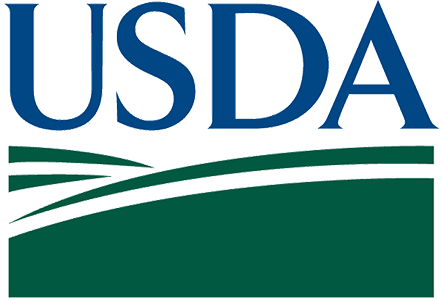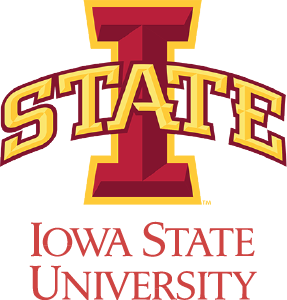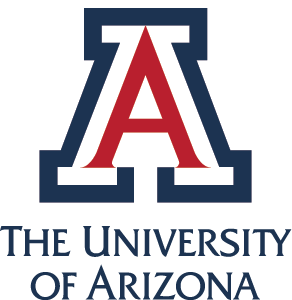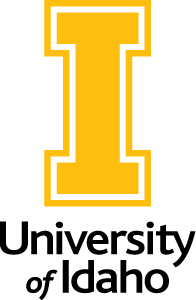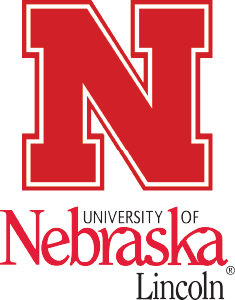AG2PI Field Day #28 - July 19, 2023
Public-Private Partnerships in Education and Commercialization
July 19, 2023
10:30 AM - 12:00 PM
(US Central Time)
Purpose
Practical advice in forming public-private partnerships for educational modules and commercialization of research outcomes.
Registration
Register for the virtual event by clicking the link below. Upon registration, you will receive a confirmation email with information about joining the meeting
Field Day RegistrationField Day Recording
Field day recording is now available, click the button below to launch and watch the recording
Watch Field Day RecordingChat Questions
Questions directed to the speakers placed in the chat can be viewed by clicking the button below
See Chat QuestionsPublic-Private Partnerships in Education
This field day aims to explore the establishment of public-private partnerships in education, specifically in areas relevant to agricultural genomic and phenomic analyses. Dr. Thompson will showcase a successful example from a graduate course in computational and plant sciences, where industry groups collaborated with educational institutions to provide datasets and/or expertise. Through this partnership, student teams gained valuable hands-on experience and knowledge in utilizing relevant data for their research and learning. She will highlight the benefits, challenges, and considerations for such collaborations, emphasizing the potential for enhancing student learning and advancing research in agricultural G2P.
Presenter
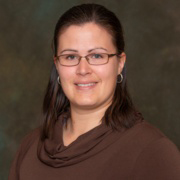
Addie Thompson is an Assistant Professor at Michigan State University working on maize and sorghum genetics and phenomics. In addition to teaching courses in plant breeding and computational plant sciences, her research interests include crop trait discovery, connecting G2P, and optimizing methods for plant breeding.
Public-Private Partnerships in Commercialization
New ideas are intrinsically unpopular and risky. However, when an idea is supported by diverse stakeholders who can envision the mutual benefits from its implementation, the risk is shared and the likelihood of adoption increases. Dr. Gomez will describe the characteristics of successful public-private partnerships, focusing on the commercialization of scientific innovation. She will also outline key milestones in the path from research to commercialization where public-private partnerships can accelerate or decelerate the translation of scientific breakthroughs into new products and services.
Presenter
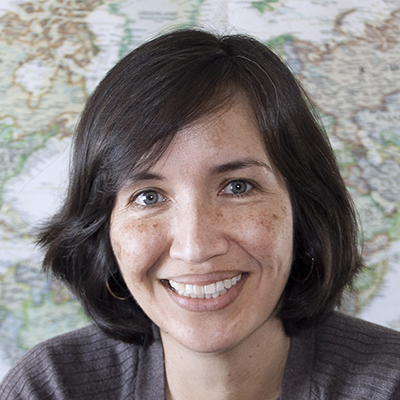
Nadilia Gomez has a Ph.D. in Plant Breeding and Genetics from the University of Minnesota, an MBA focusing on food, agriculture and biosystems industries from Iowa State University, and leadership experience in startup, corporate, non-profit, and public organizations. As Chief Technology Officer for the Digital & Precision Ag Bioscience Platform, she helps faculty navigate the complexities of translating inventions into impact.
Chat Questions
 How can corporates initiate partnerships?
How can corporates initiate partnerships?
